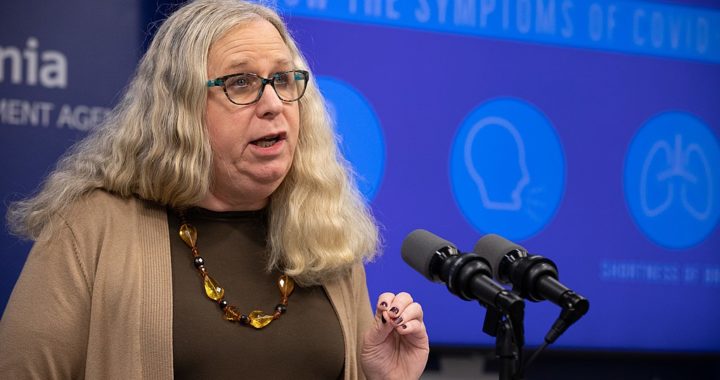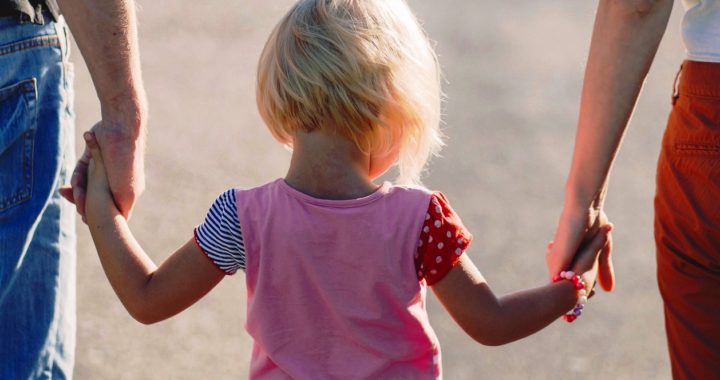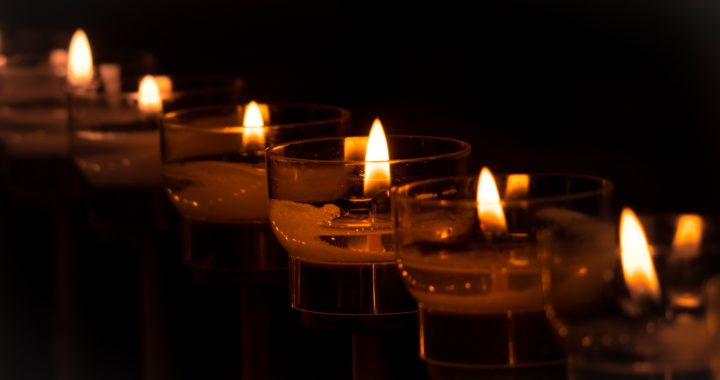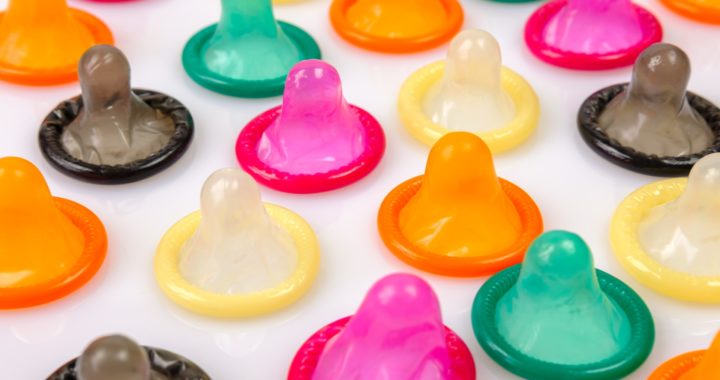Akashi, a Japanese city, introduced a planned partnership system for LGBTQ+ couples and their children
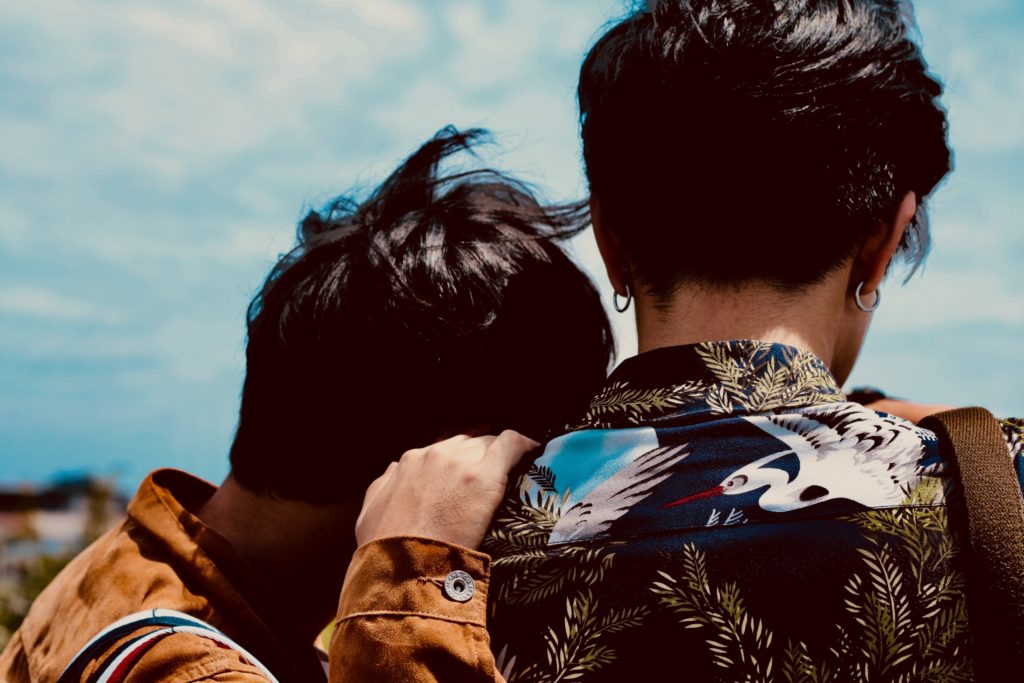
Akashi is located in southern Hyōgo Prefecture, and the independent Mayor Fusaho Izum govern it. In January, the city will become the first local government in Japan to introduce a partnership system that treats the children of same-sex couples as family.
Same-sex couples in Akashi can now change their relationship status from “roommates” to “relatives”. The city believes this new opinion on their residential certification will allow couples and their children to be culturally equally recognised as a typical family.
As it stands, the Japanese government does not recognise same-sex marriages, but things are slowly changing. Although the new structure is not a legal change. The progress guarantees future rights and visibility for same-sex couples and their families. The damage and trauma with the LGBTQ+ community are beyond devastating. Any little win is impressive. But there needs to be more pressure on the Japanese government for more change, and much faster.
What does it mean for same-sex couples?
Issues of marriage in Japan are fundamentally different than in other countries. You are not an individual in Japan; you are a member of a house. Each citizen is part of the household through the koseki system. In Western countries, a birth certificate can prove identity. The member of the same koseki deals with civil matters such as inheritance, hospital visits or the right to organise a funeral. Koseki registration performs a similar role to marriage, where one person leaves one house and join another. The entire citizenship/residency/marriage system is built on this model, going back hundreds of years. Everything is tied together, and it would require reworking tons of other procedures.
In the absence of same-sex marriage or civil partnership laws, Japanese gay couples often use adoption procedures to register themselves as belonging to the same household. In that case, the older partner legally adopts the younger partner, which in the absence of a spouse makes the only adopted child the sole executor of that household.
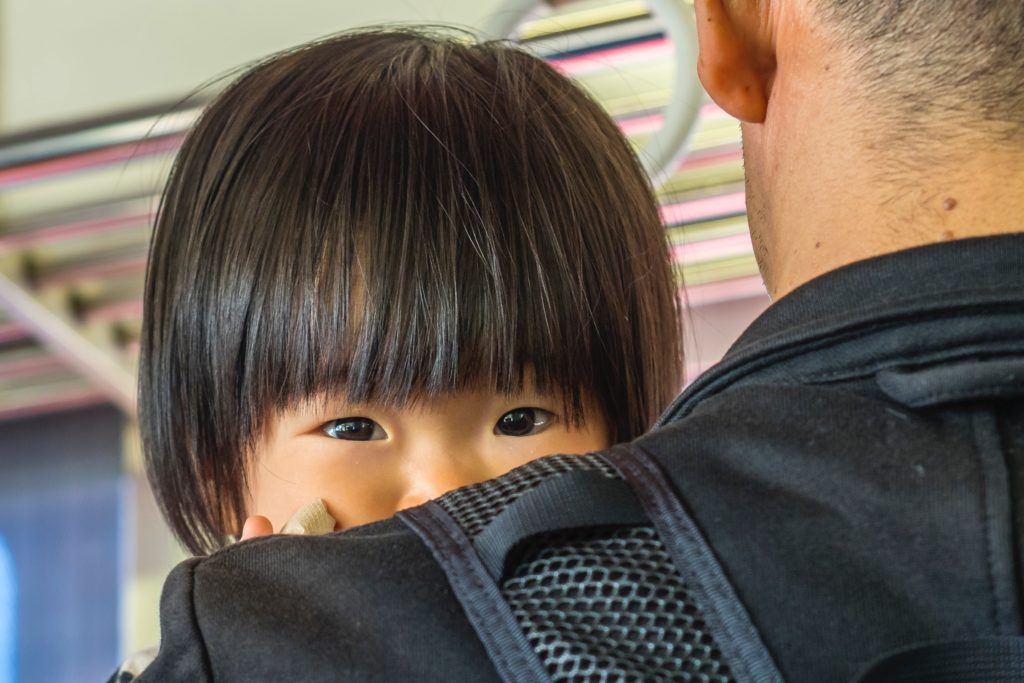
The new partnership system in Akashi, same-sex couples will
- live in municipal housing and be buried together in municipal cemeteries.
- The system will encourage schools and kindergartens to allow same-sex parents to pick up their children. Currently, same-sex parents cannot collect their children from schools and nurseries. School rules declare that only biological parents can take children from schools.
- The residential certification will allow couples and their children to be culturally equal as a typical family.
- The city of Akashi has also established a government division dedicated to educating the public on sexual diversity.
History of same-sex relationships
Same-sex relations were part of Japan’s history since ancient times. In the Meiji period, homosexual relationships inside Buddhist monasteries were accepted. The older partner would be a monk, while the younger partner would be a prepubescent or adolescent boy. The relationship would be last until the boy reached adulthood or left the monastery. Both parties were taking the relationship seriously and honourably, and they might require a formal vow of fidelity.
Same-sex love also spread to the samurai class. By the tradition, a young boy had to undergo training in martial arts. If the boy agreed, he became the lover of his teacher until he came of age. These relationships were exclusive, with both partners swearing to take no other (male) lovers. Many great shunga artists of the period painted such love in their erotic pictures.
Still, if the legendary samurai did it, why is it such an issue today?
Sex between men was always common in Japanese history until they partially adopted the Christian moral and Western enlightenment at the end of the 19th century. Japanese religion, Shintoism and Buddhism have no qualms with homosexuality, so many people didn’t develop a strong opinion. Older Japanese people still use euphemisms to refer to someone’s sexuality to not cause any offence. I’ve heard older Japanese people refer to openly gay men as “he’s a little girly”. The younger generation is much tolerant and is much more educated and knowledgeable about different sexualities.
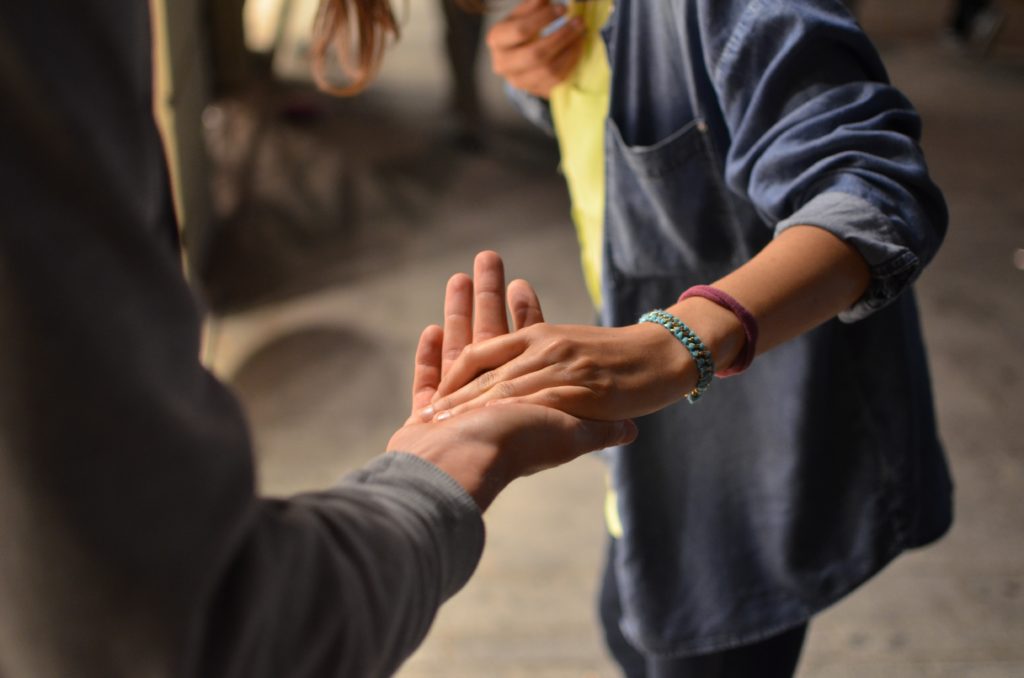
Partnership certificates
On 1 April 2015, Shibuya in central Tokyo announced it would offer same-sex couples special “partnership certificates”. While these licenses are not equal to legal marriage certificates. They are still useful in civil matters such as hospital visitation rights and housing. In July 2015, Tokyo’s Setagaya Ward joined Shibuya in issuing partnership certificates from 5 November of the same year. Then other cities and prefectures followed. And now Akashi introduced a partnership system that treats the children of same-sex couples as family.
Under the change, the Ministry of Justice instructed local authorities to issue the certificate for those who want to have same-sex marriages. Since 15 May 2012, Tokyo Disney Resort has allowed symbolic same-sex marriage ceremonies in its Cinderella’s Castle hotel. The first same-sex marriage happened on 3 March 2013 between Koyuki Higashi and her partner Hiroko Masuhara.

